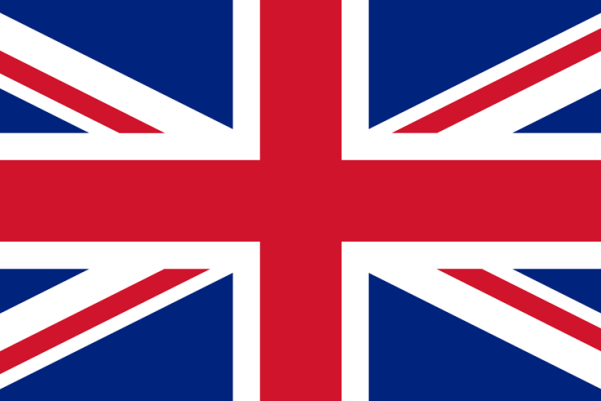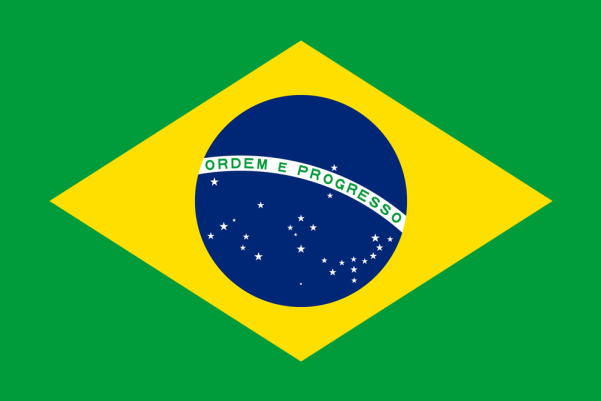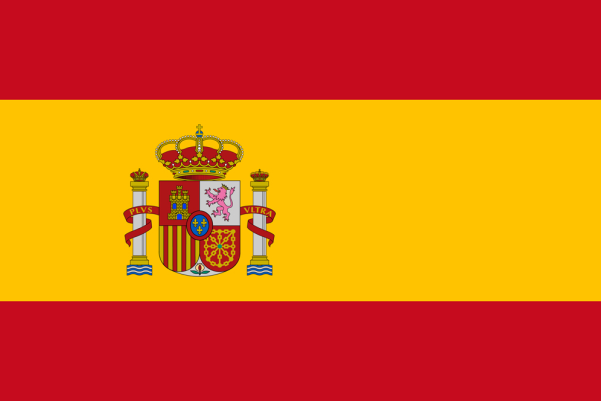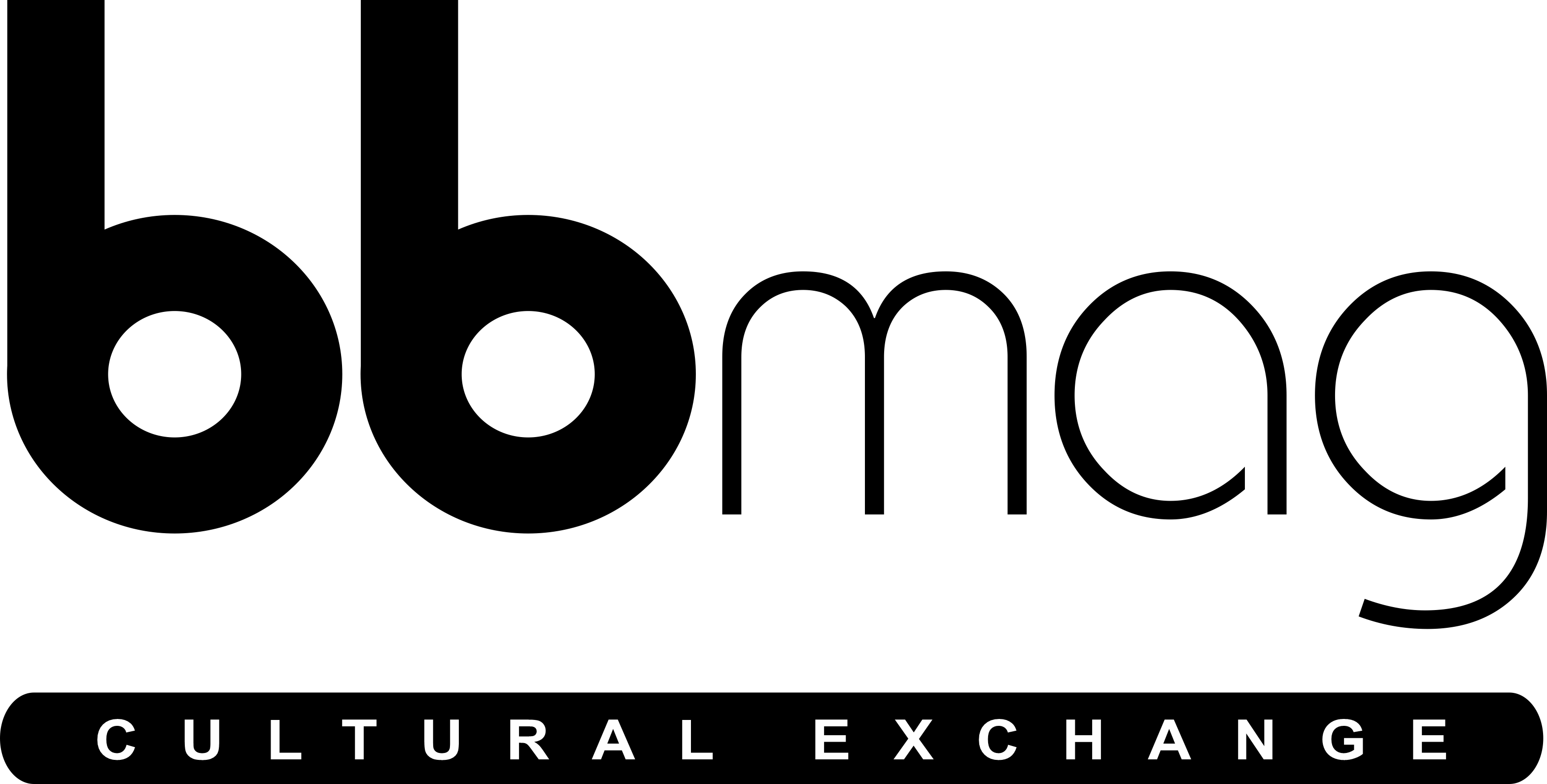Talking about coaching in the field of nutrition and health can leave many people needing clarification. After all, what is coaching? How can it help me? Do I need a nutritionist or a coach?
Coaching has gained increasing recognition as a practical and applicable methodology to everyday life—including health! Not surprisingly, nutrition and health coaching are becoming evermore relevant. However, it’s essential to be aware that where nutrition is concerned, you should always seek the services of a registered nutritionist (the same goes for other health areas).
Nutrition and coaching are separate, but they can complement each other too!
Let’s examine the main differences between nutrition (health science) and coaching (methodology).

Coaching is a methodology that puts individuals on a path towards their goals. Through specific tools and techniques, a coach advises their clients, leading them to reflect, make choices, set targets and draw up a rational plan of action to achieve their goals. With coaching, you set your targets, identify solutions to your issues, and define the necessary approach. One of the coaching principles is “biting the tongue”, meaning that the coach will never offer any orientation or opinion, suggesting that “you should or shouldn’t do this or that” but will instead ask you questions designed to stimulate self-reflection.
Nutrition, however, is a science dedicated to promoting, recovering and maintaining a healthy life through food. A nutritionist is responsible for the nutritional diagnosis of individuals and is the only professional trained to draw up food plans and prescribe specific nutritional supplements (irrespective of whether their clients are healthy people or have specific problems).
A nutritionist will traditionally conduct a complete nutritional assessment—an analysis of clinical signs, laboratory tests, food consumption and body composition—and from there will define a specific nutritional approach for each case. Such measures may include, for example, the prescription of nutritional plans and supplements, nutritional (re) education strategies, specific exercises, and even the application of coaching techniques and tools (if trained).
Coaching is a methodology that can be very revealing when applied ethically and professionally. However, it is not a substitute for a nutrition professional (if the question is nutritional), a physical educator (if the goal is to exercise), a psychologist/psychiatrist (if you wish to address psychological issues), and so on.
In the following article, we look at applied nutrition in aesthetics. Don’t miss out!
Read more on Bossa Brazil Magazine (your Brazilian Magazine in London) and Bossa Latinos (Latin America culture in London) at BBMag, the only London-based trilingual publication specialised in international lifestyle, travel and tourism, culture, arts, gastronomy, food and drinks.
You can also find Brazilian and Latin American service suppliers and classifieds in London, and internationally, by visiting BBMAG Business Directory.

















